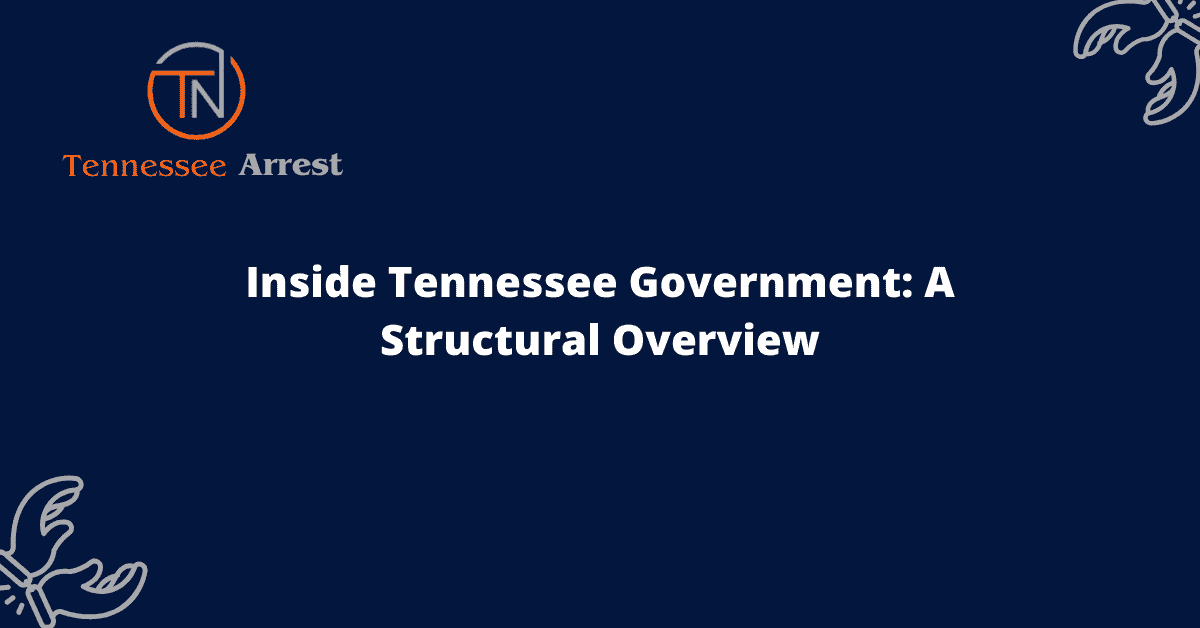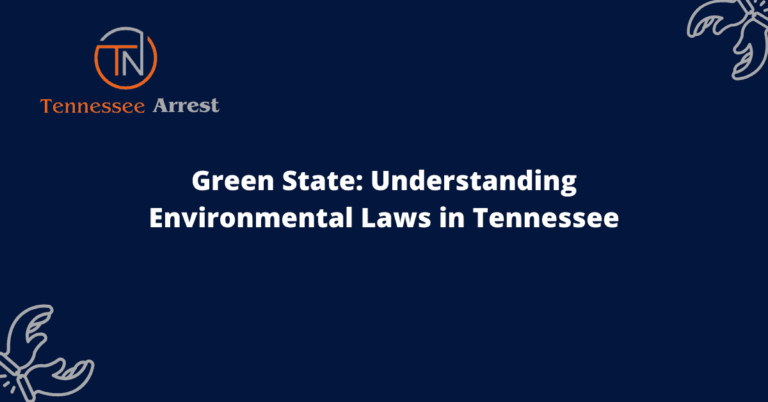Inside Tennessee Government: A Structural Overview
Tennessee is a state with a rich history and a vibrant political landscape. The government of Tennessee is structured in a way that ensures the smooth functioning of the state and the representation of its citizens. Understanding the structure of Tennessee government is essential for anyone interested in the workings of the state and its decision-making processes.
Overview of Tennessee Government
Tennessee is a state with a rich history and a vibrant political landscape. The government of Tennessee is structured in a way that ensures the smooth functioning of the state and the representation of its citizens. Understanding the structure of Tennessee government is essential for anyone interested in the workings of the state and its decision-making processes.
The Three Branches of Government
Tennessee, like the United States, follows a system of government with three separate branches: the executive, legislative, and judicial branches.
The Executive Branch
The executive branch of Tennessee’s government is headed by the Governor, who is elected by the citizens of the state. The Governor is responsible for implementing and enforcing laws, managing state agencies, and representing Tennessee at the national level.
The Legislative Branch
The legislative branch consists of the General Assembly, which is divided into two houses: the Senate and the House of Representatives. Members of the General Assembly are elected by the citizens of Tennessee and are responsible for making laws and representing the interests of their constituents.
The Judicial Branch
The judicial branch is responsible for interpreting and applying the law in Tennessee. It consists of the Tennessee Supreme Court, appellate courts, and trial courts. Judges are appointed or elected depending on the specific court.
Local Government Structure
Tennessee is divided into 95 counties, each with its own local government. The local government structure varies across counties, but generally includes a county mayor, county commission, and various elected officials responsible for specific functions such as law enforcement, education, and public works.
State Agencies and Departments
Tennessee has numerous state agencies and departments that are responsible for specific areas of governance and public service. These agencies and departments help implement and enforce laws, provide essential services to citizens, and regulate various industries.
Decision-Making Processes
Decision-making in Tennessee government involves a combination of legislative processes, executive actions, and judicial rulings. The General Assembly passes bills that become law when signed by the Governor. The executive branch implements and enforces these laws, while the judicial branch interprets them and resolves disputes.
Citizen Involvement
Tennessee encourages citizen involvement in government through various means. Citizens can participate in the democratic process by voting in elections, contacting their elected officials, attending public meetings, and serving on advisory boards or commissions.
Overall, understanding the structure of Tennessee government is essential for anyone who wants to actively engage in the state’s political processes and contribute to its development and progress.
FAQs
What is the structure of the Tennessee government?
The Tennessee government is structured into three branches: the executive branch, the legislative branch, and the judicial branch. Each branch has its own specific roles and responsibilities.
What is the role of the executive branch in Tennessee government?
The executive branch is responsible for enforcing and carrying out the laws of Tennessee. The Governor is the head of the executive branch and is responsible for making executive decisions and implementing policies.
What is the role of the legislative branch in Tennessee government?
The legislative branch is responsible for making laws in Tennessee. It is composed of the Tennessee General Assembly, which consists of the Senate and the House of Representatives. The General Assembly is responsible for proposing, debating, and passing laws.
What is the role of the judicial branch in Tennessee government?
The judicial branch is responsible for interpreting and applying the laws of Tennessee. It is composed of the Tennessee Supreme Court, the Court of Appeals, and various trial courts. The judiciary ensures that laws are applied fairly and resolves disputes.
How are officials in the Tennessee government elected?
Officials in the Tennessee government are elected through a democratic process. The Governor, members of the General Assembly, and judges are elected by the citizens of Tennessee through elections held at regular intervals.
What is the role of local government in Tennessee?
Local government in Tennessee plays a crucial role in providing essential services to its residents. It includes county governments, municipal governments, and special district governments. Local governments are responsible for issues such as public safety, education, and infrastructure.






